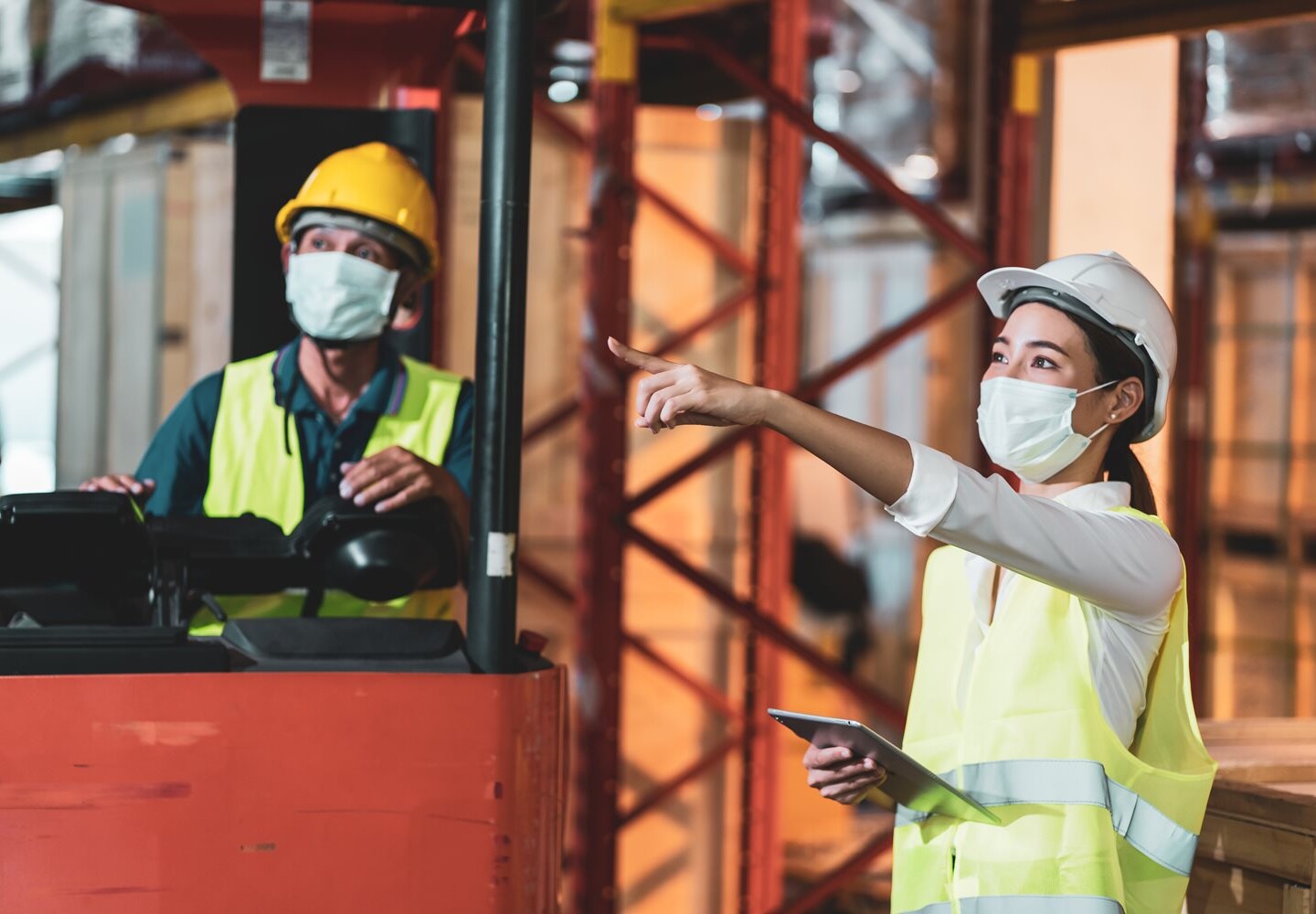


As the concern around the impact Coronavirus (COVID-19) is having on UK businesses increases many may be wondering what their health and safety obligations are to deal with the virus, and if something were to go wrong how can they protect themselves and their business.
The Health and Safety at Work Act 1974 requires employers to protect their employees and those affected by their operations, where reasonable. Senior executives could face potential personal criminal liability if the organisation is found to commit an offence.
Under the Management of Health and Safety at Work Regulations 1999 businesses have duties to conduct suitable and sufficient risk assessments covering the risks posed to employees who are working and non-employees who may encounter risks arising from your operations.
Following this, businesses need to create and implement arrangements for planning, organisation, control, monitoring and reviewing of these assessments.
In the case of Coronavirus, this can include those who are ‘at-risk’ being potentially exposed to the virus.
A risk assessment will guide you through difficult decisions and remind you to evaluate and balance risks against control measures. When doing so you should be asking ‘is it reasonably practical to have done more?’. If the answer is ‘yes’ you could be exposed to criminal prosecution.
Specific workers and those affected by your operations should be considered and risk assessments personalised to them. Those who are at in the at-risk category for infection and are more vunerable will have a greater risk outcome than those who aren’t, so this should be taken into consideration when conducting risk assessments.
It is important to make sure you follow all relevant guidance and assess risks carefully.
The golden rule of health and safety law is that if you can’t do the operation safely, don’t do it. Difficult decisions will need to be made over the next few months, with high risks involved if something were to go wrong. In many cases you will need to balance commercial and business consequences against the risk.
If your business operations have wider implications, for example, those supplying medicine, healthcare and communications, you may need to balance the safety of your staff against public safety.
If you do get it wrong and your business is accused of exposing people to unnecessary risks, it will be invaluable to have a written risk assessment or similar document to show you made a balanced decision. This should take factors on both sides into account and demonstrate that you sought to evaluate the risk and operation.
This will make it more difficult for criminal law to blame you if you have this to show.
Health and safety advice can help you complete these exercises, help draft plans risk assessments and documents. This way you can be protected from potential criminal convictions, if it were to go wrong.
Click here to read some frequently asked questions about health and safety.